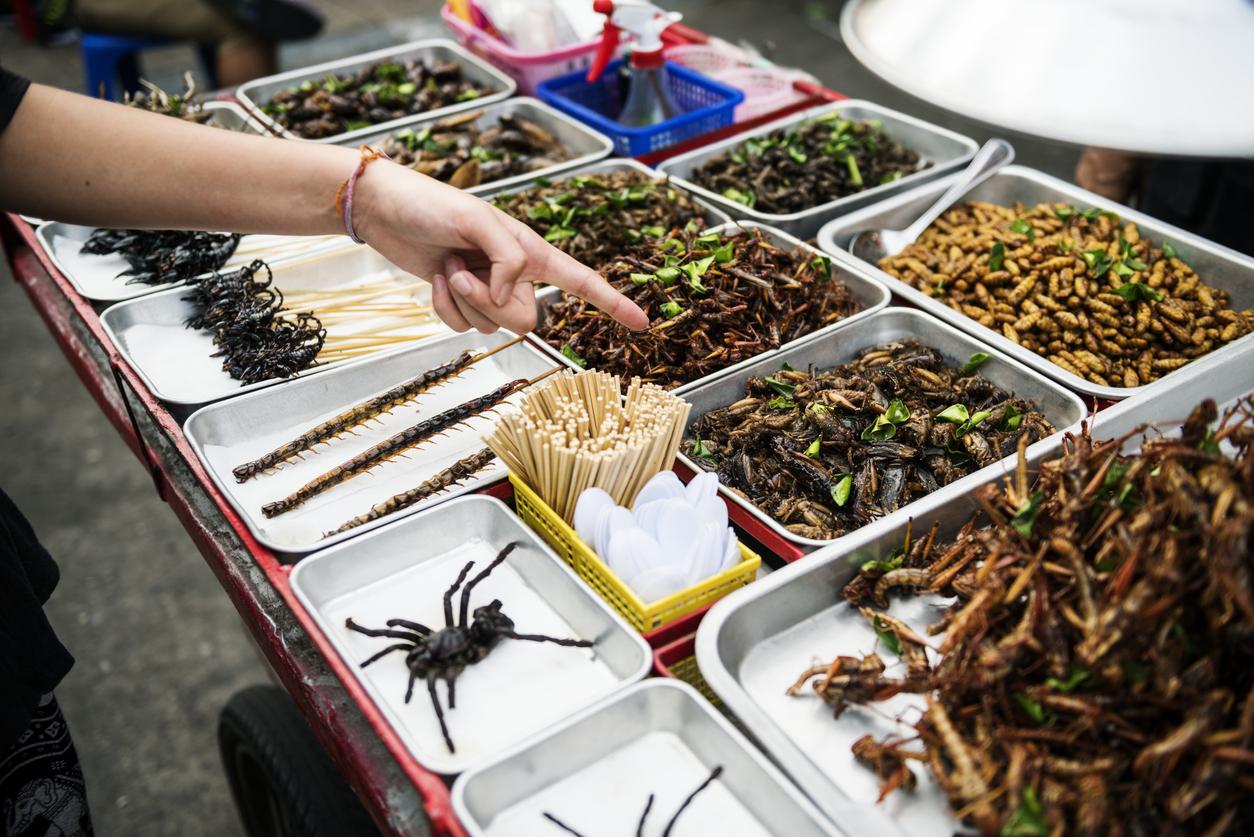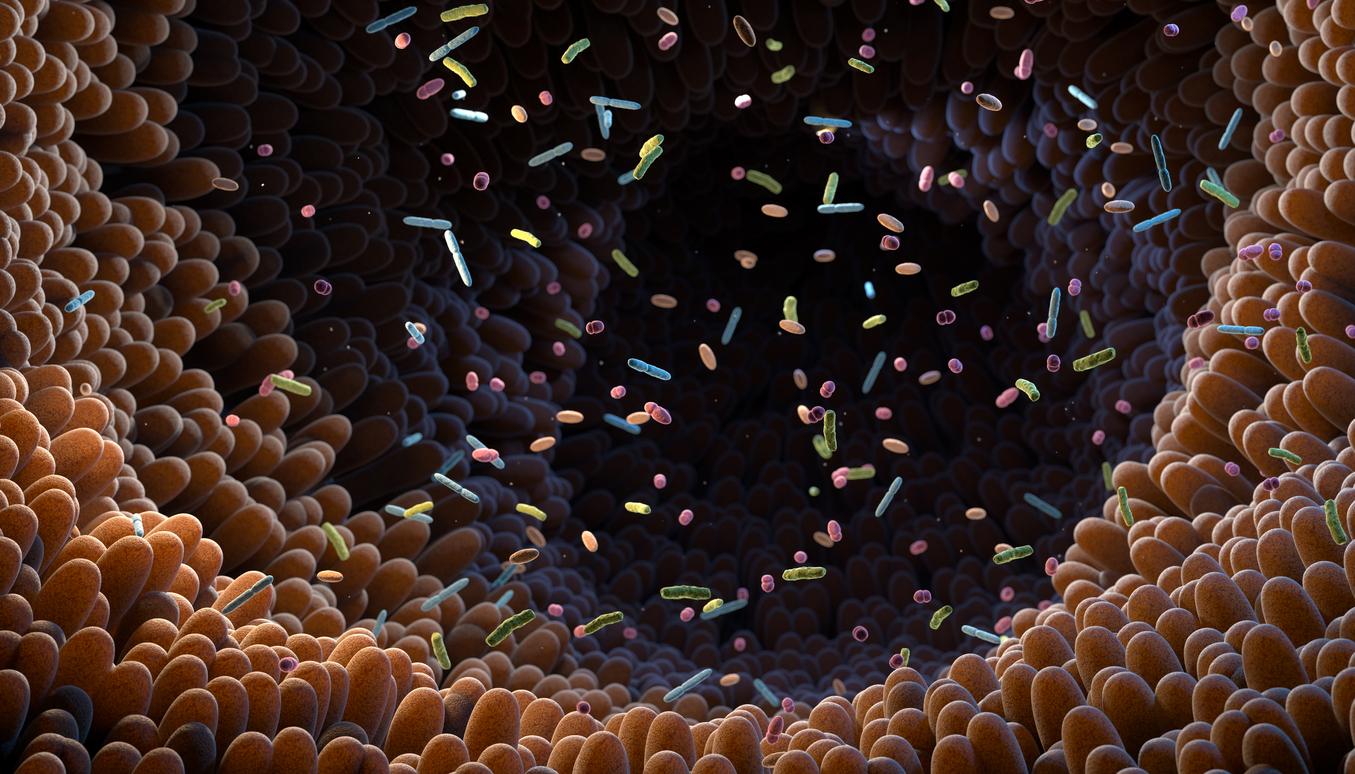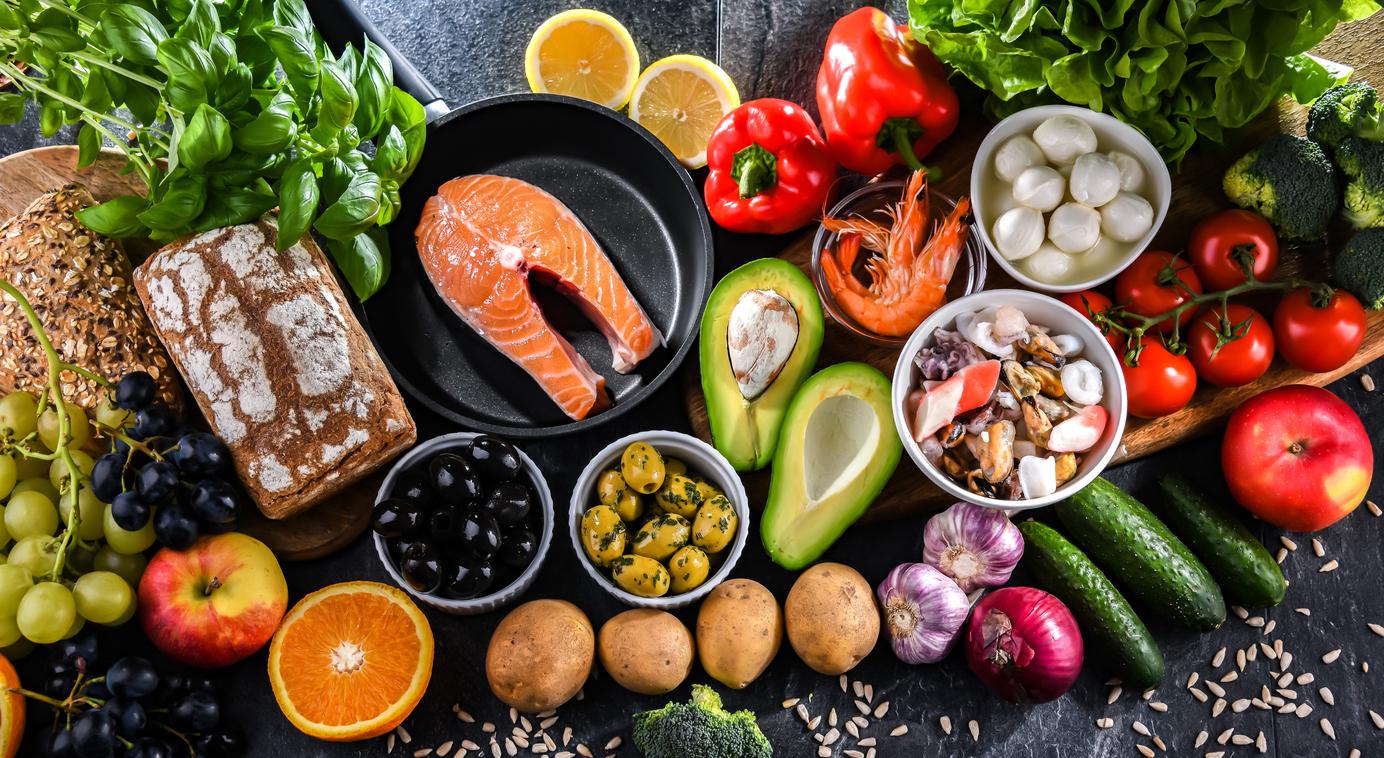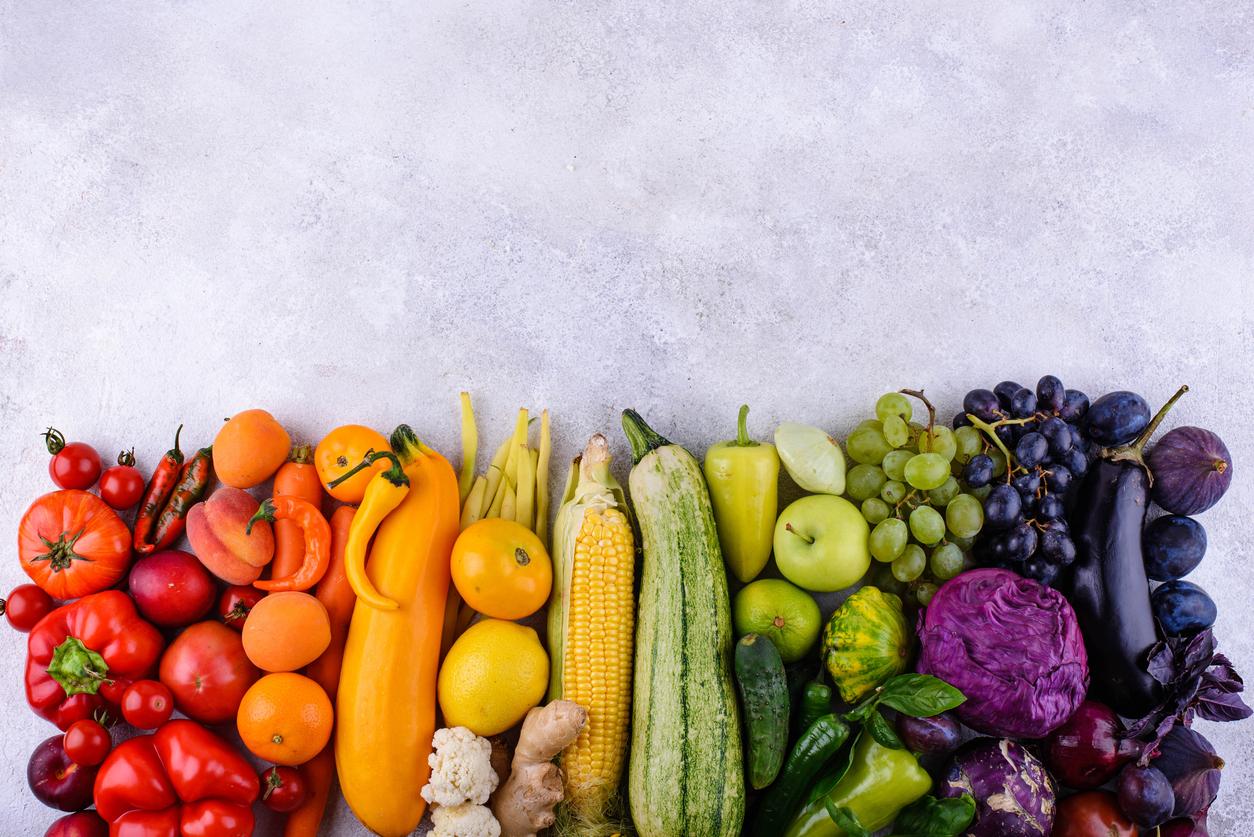A new study confirms that the consumption of insects could be beneficial for our microbiota, our health but also for the environment.

- Eating insects would be beneficial for our microbiota, our health but also for the environment.
- According to this new study, 25 grams of cricket powder consumed each day would increase the good bacteria in the intestinal microbiota.
- The production of insects would be less harmful for the environment than the traditional breeding giving meat.
In recent years, insects have been appearing on the menu of certain restaurants. Some even base their entire menu on this “meat”! Is this a fad or a real trend for the future? According to a new study published in the scientific journal nature foodit would probably be the second option because the consumption of insects would be beneficial both for our health and for the environment.
Insects are good for the microbiota
In detail, scientists believe that it is chitin, a substance present in many insects, and the healthy fats provided by the consumption of these small animals that would be good for the intestinal microbiota, the part of the intestine where a whole set of micro-organisms live: bacteria, viruses, parasites and non-pathogenic fungi. This influences a large part of the body, such as the immune system, the brain, the cardiovascular system and the bone system.
“Chitin is not present in other foods of animal origin, and the omega-3 content [présente chez les insectes] may be higher than that found in many plant foods, says Tiffany Weir, one of the study’s authors, in a university statement. These components may offer unique gut benefits by supporting a healthy gut microbiota and reducing gut inflammation.”
Insect production less harmful than traditional breeding for the environment
In fact, during their study, the scientists discovered that 25 grams of cricket powder consumed each day increased the good bacteria in the intestinal microbiota. But insects are also rich in essential nutrients and proteins. “They are an environmentally friendly source of animal protein”, estimates Valerie Stull, another of the authors of the study.
The two researchers also believe that the consumption of insects could help solve the problems of access to food and malnutrition. “Low-cost insect farming would enable vulnerable communities to meet their nutritional needs and improve their food security, believe Tiffany Weir and Valerie Stull. Insects are an environmentally friendly source of animal protein that requires fewer resources than traditional farming, and some species can consume and therefore convert certain products [comme les déchets organiques et les déchets alimentaires] into nutritious, high-quality foods.“In other words, by being able to feed on things that humans cannot consume, insects participate in recycling.
Good for the microbiota, health and the environment… It is therefore a safe bet that insects will be part of the food of the future!

















